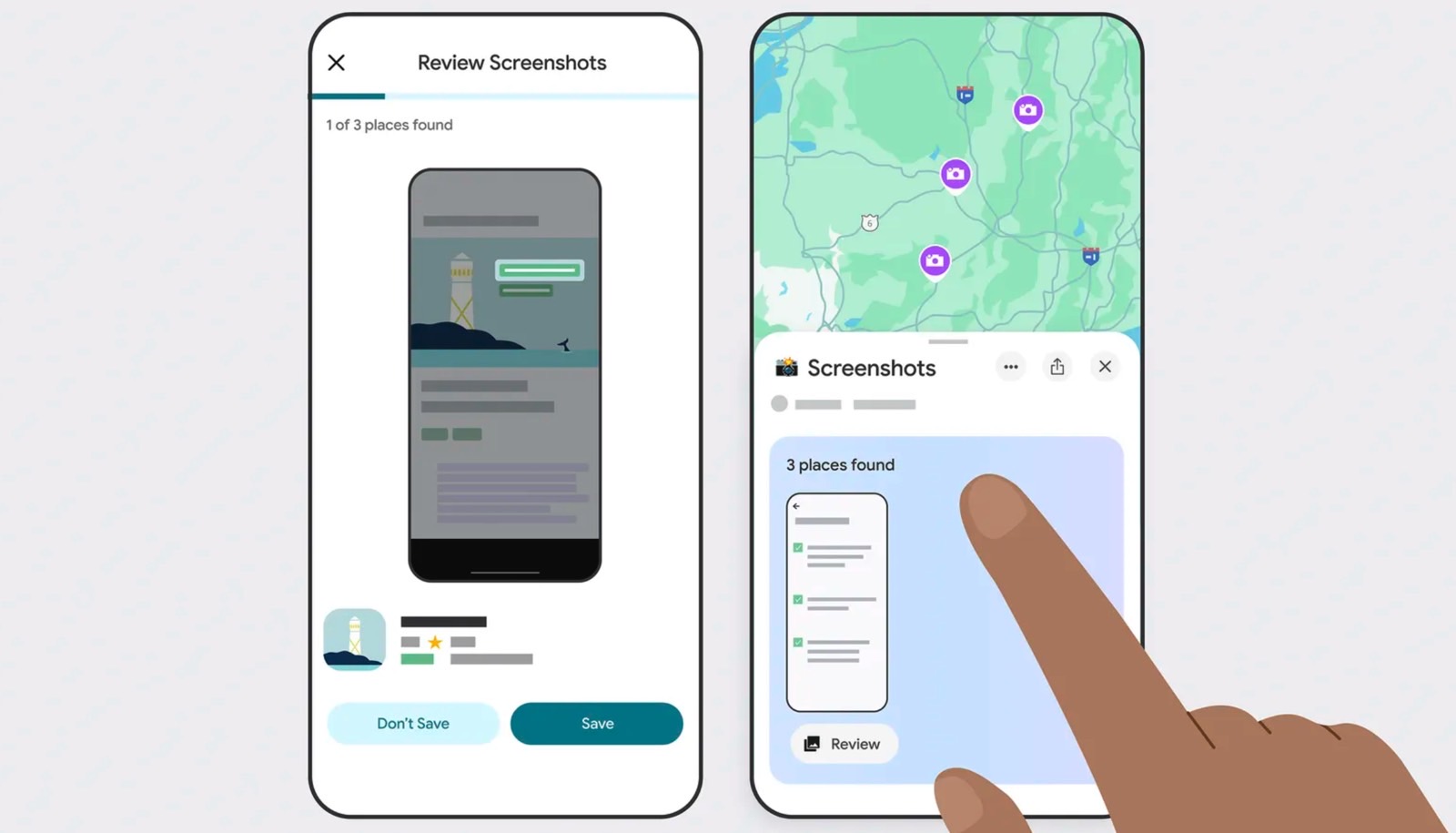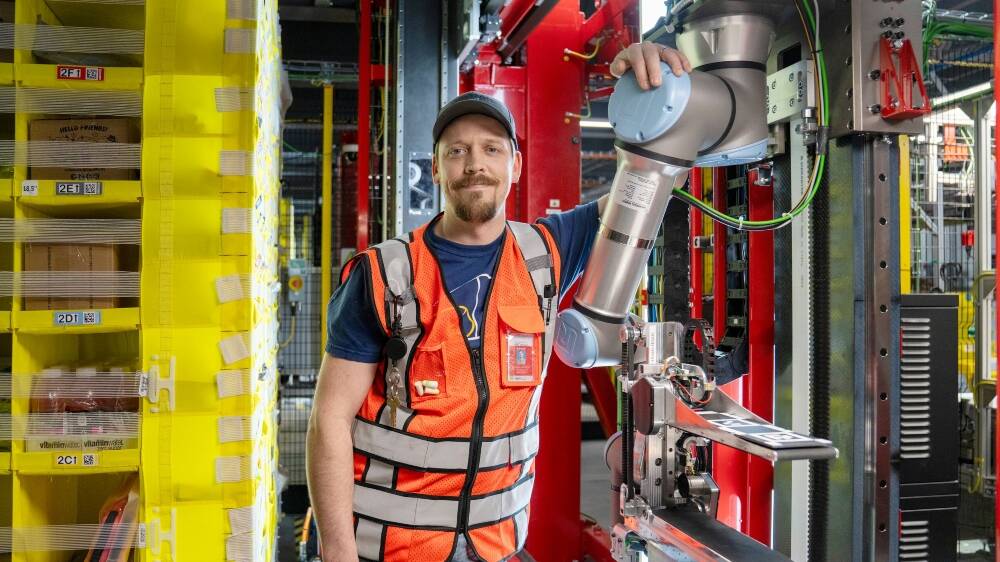Zillow turns a profit amid rough housing market — and keeps betting big on remote work
Zillow Group is one of the most vocal cheerleaders of remote work, having shifted to its “Cloud HQ” model in the pandemic and touting the benefits as recently as last month. So I asked Zillow CEO Jeremy Wacksman: In a hypothetical world, if Zillow was just launching today, would it start as a remote-first company? “If we were starting in 2025, and we had this clairvoyance of how this had already been working, I feel like we would have,” Wacksman said in an interview with GeekWire. Zillow’s bet on remote work comes as the company’s business steadily grows. The Seattle… Read More


Zillow Group is one of the most vocal cheerleaders of remote work, having shifted to its “Cloud HQ” model in the pandemic and touting the benefits as recently as last month.
So I asked Zillow CEO Jeremy Wacksman: In a hypothetical world, if Zillow was just launching today, would it start as a remote-first company?
“If we were starting in 2025, and we had this clairvoyance of how this had already been working, I feel like we would have,” Wacksman said in an interview with GeekWire.
Zillow’s bet on remote work comes as the company’s business steadily grows.
The Seattle real estate giant topped estimates for its latest quarterly results released Wednesday — and reported a profit for the first time since 2022, as measured by GAAP, or Generally Accepted Accounting Principles. Q4 revenue was up 13% year-over-year to $598 million, and traffic to Zillow’s apps and websites was up 5%.
The company’s stock is up nearly 60% in the past 12 months despite a rough U.S. housing market.
By switching to remote work, Zillow has significantly reduced office-related costs. The company’s rent expense decreased $31 million in 2024 “primarily driven by cost savings associated with changes in the use of certain office space in our lease portfolio,” according to an annual report.
But Wacksman, a longtime exec who took over from Zillow co-founder Rich Barton last year, said going remote isn’t about saving money.
“It’s offense for us,” he said. “It’s a strategic approach that allows us to recruit nationwide.”
Before the pandemic, nearly all of Zillow’s workforce lived near an office. Now the company has employees in all 50 states and sees a much higher number of applicants per job opening.
“That’s increasing both the quality and the diversity of our hiring pipeline and our talent,” Wacksman said. “It’s a fantastic tool for us to drive innovation and drive execution.”

The company’s office footprint has shrunk since moving to “Cloud HQ.” In its hometown of Seattle, the company had 113,470 square feet at the end of last year— down from 386,275 square feet at the end of 2019, reported the Seattle Times, citing regulatory filings.
Zillow has followed that trend in other cities where it leases space, including New York City and Atlanta. It also shut down offices in Kansas and Denver.
The company has nearly 7,000 employees worldwide — up from 5,249 employees at the end of 2019. It has around 1,200 people in the Seattle region — down from 2,700 Seattle employees in 2020. The region still has the largest number of employees compared to other areas globally.
Zillow is an outlier among its peers. Just 5% of U.S. companies are fully remote, according to a Q4 report from Flex Index.
Many companies bringing workers back to the office cite productivity and collaboration benefits of in-person work.
- “Our collective view as a leadership team is that while remote work has some benefits, being in the office fuels collaboration, sparks creativity, and increases velocity,” Uber CEO Dara Khosrowshahi said in a memo to employees this week, as part of a new in-office mandate reported by CNBC.
- “We’ve observed that it’s easier for our teammates to learn, model, practice, and strengthen our culture,” Amazon CEO Andy Jassy wrote in a memo last year about its 5-day mandate.
- Honda said last month that working on-site will promote “essential in-person collaboration and problem solving,” Business Insider reported.
Wacksman admitted that offering flexibility comes with challenges. That’s why the company makes it a point to have several team gatherings per year. It hosted 79 retreats last year at its Seattle office alone.
Zillow has also created new programs to train employees and develop its culture while being in a remote work setting.
What works for Zillow may not work for the next company, Wacksman noted.
“We’re just really clear out about what we’re doing, which I think really helps leadership focus on what works and focus on improving what’s not working,” he said.
Related: Chainguard doesn’t have an office. Here’s how the $3.5B cybersecurity startup makes remote work.








![Honor 400 series officially launching on May 22 as design is revealed [Video]](https://i0.wp.com/9to5google.com/wp-content/uploads/sites/4/2025/05/honor-400-series-announcement-1.png?resize=1200%2C628&quality=82&strip=all&ssl=1)


























































































































